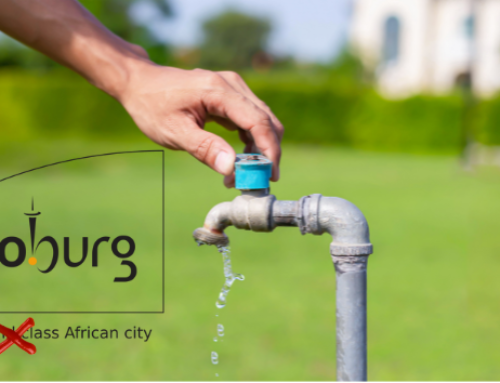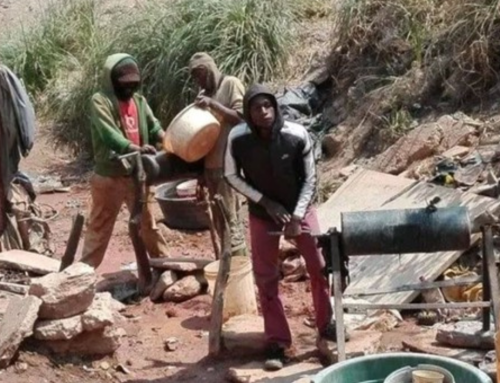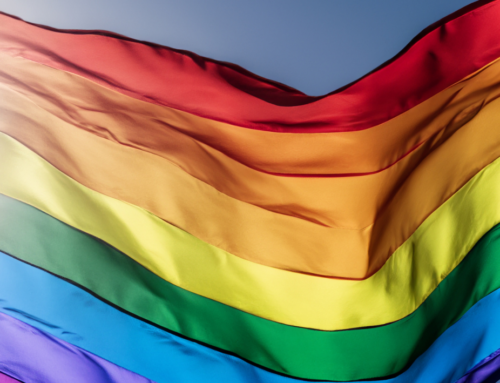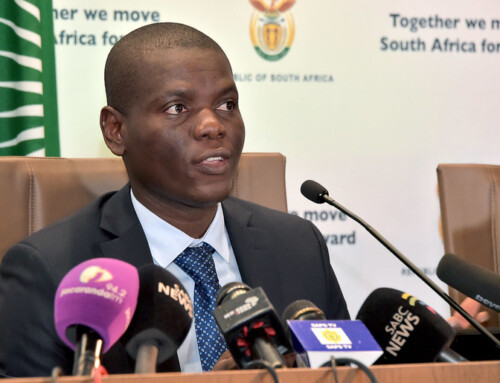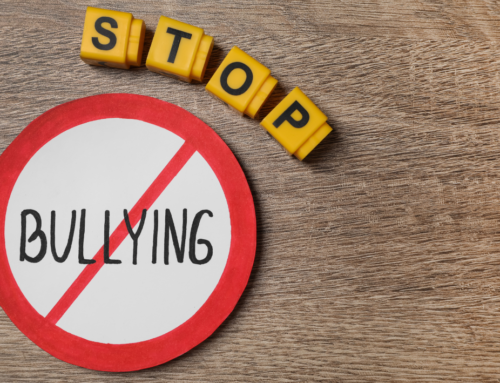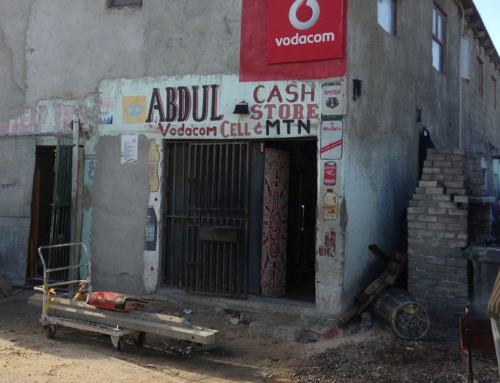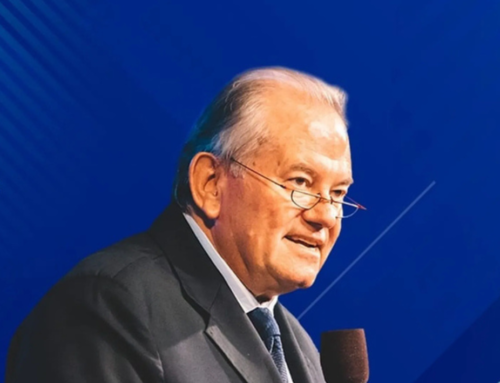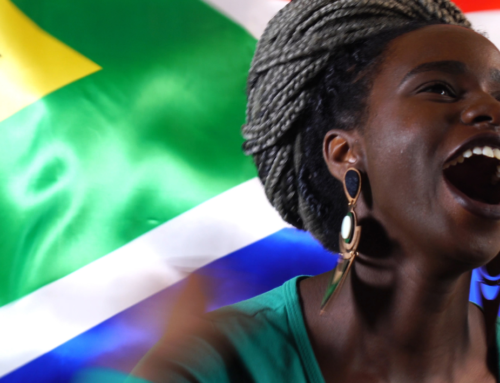

United Democratic Women’s Organisation
In the 30 years since the dawn of our true democracy, South Africa has witnessed some political transformation and systemic changes. However, the journey towards social and economic transformation is far from complete and our society continues to grapple with entrenched developmental hurdles, with women’s development and rights serving as persistent obstacles.
Another challenge lies in the enduring grip of patriarchy within many of our cultural norms, spanning across racial divides. For generations, the role of South African women has predominantly revolved around childbearing and tending to the needs of their husbands, homes, and families. Regrettably, they have often found themselves relegated to subordinate positions, treated as mere objects rather than equals. In many cases, women have been reduced to fulfilling the desires of others, whether it be preserving a family lineage or enduring instances of abuse and violence. This reality underscores the urgent need for societal shifts that prioritise gender equality, dignity, and respect for all individuals.
The United Democratic Women’s Organisation (UDEMWO) views recent reports from National Debt Advisors with concern, revealing that South African women are facing both lower earnings and higher levels of debt compared to men, largely due to the country’s gender pay gap. This disparity significantly impacts women, especially single mothers.
The reported 30 percent pay gap across different industries highlights the unequal financial burden carried by women, who often find themselves resorting to loans to make up for the income disparity between men and women. This trend underscores the urgent need for action to address the systemic inequalities that perpetuate financial insecurity among women in South Africa.
Come 29 May 2024, UDEMWO demands that the new government properly enforces the Employment Equity Act of 1998 and the Labour Relations Act of 1995 where the gender pay gap is concerned, because the African National Congress has dismally failed the working women of this country. Enough is enough.
Furthermore, if the next president of the country feels the necessity to retain a Minister of Women, Children and People with Disabilities, UDEMWO certainly hopes that office will not be cursed again so that the beneficiaries of that minister’s work will have meaningful service delivery and implementation of government’s gender equity policies.
Given the context of what we have discussed, UDEMWO believes that the Commission for Gender Equality also needs to do more for the women of this country.
Issued by:
Ms Thandi Nontenja
UDEMWO Secretary General










